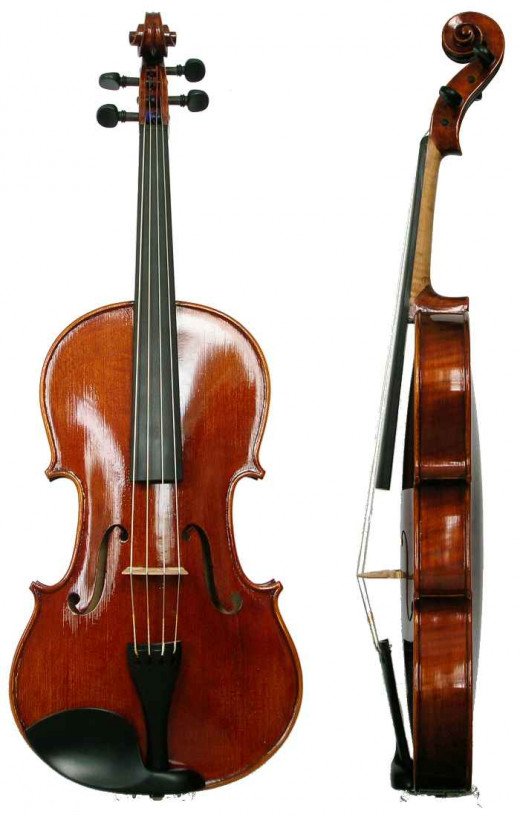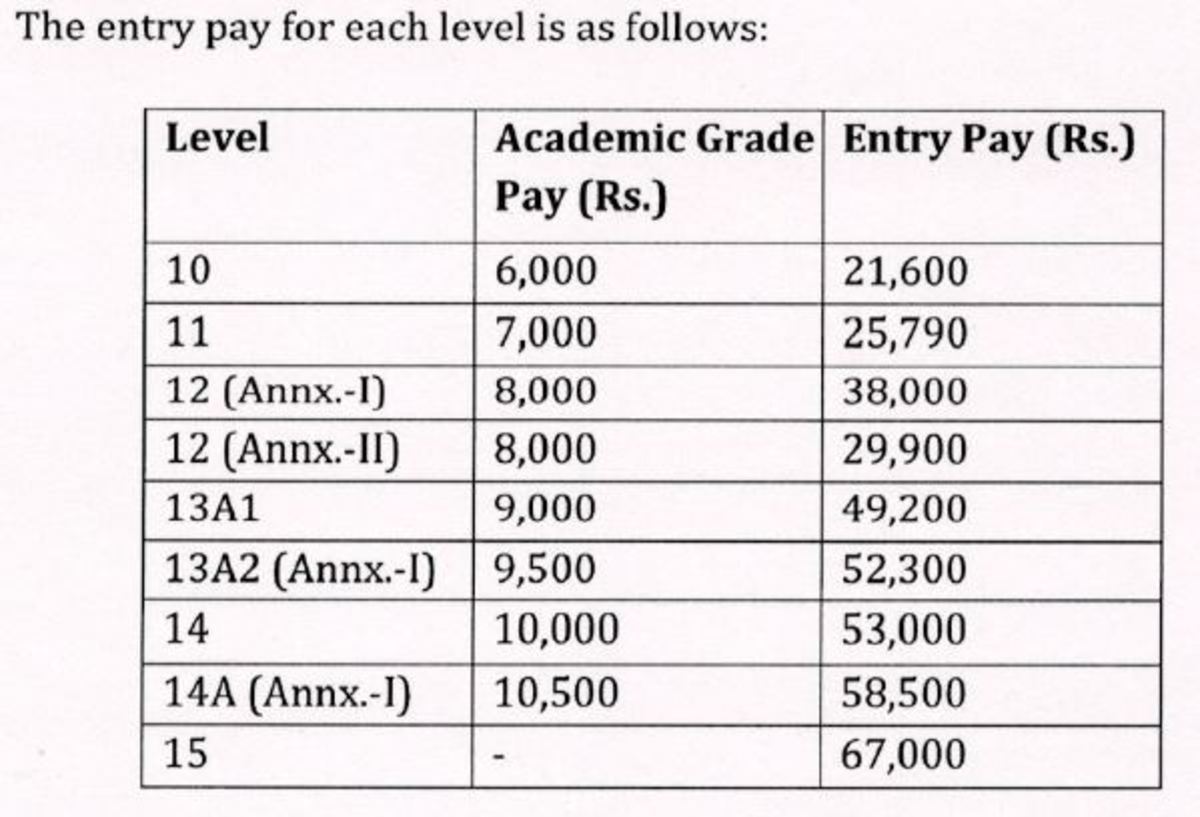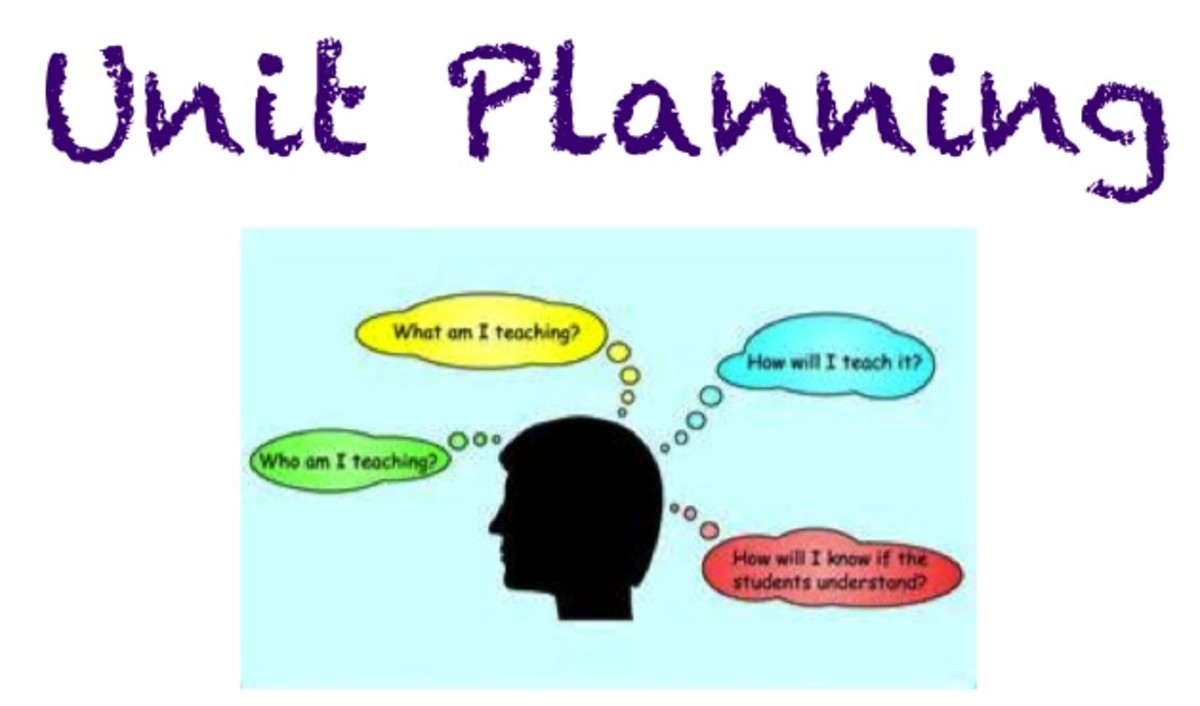How to Teach Your Child to Love Classical Music

It's Not Hard, Really!
Researchers are discovering more benefits to listening to and learning to play classical music all the time--new studies are published almost monthly! Since this music is a bit more difficult to understand than popular music, you can help your child appreciate it by teaching them a bit about it. In fact, research shows that the major reason people don't like classical music is that they don't know anything about it, and the more facts people learn about it, the more they like it!
Learning to listen to classical music is very easy nowadays: CDs of classical music, a radio, an internet connection, or library card to check out CDs are all great ways to listen. You can benefit from an internet connection or library card to look up information about music, musicians, instruments, styles, and composers. Interactive materials for learning and games can easily be made from poster board, markers, paper, crayons, etc., and index cards or cardboard or paper for flash cards to complete the exercises listed below.
How much do you know about classical music?
What is "Classical" Music?
In general, classical music can be considered to be music written between about 700 A.D. and the early twentieth century. Some classical music is still being written today, but starting with those dates will give you a good basic grasp of what falls into the "classical" category. Sorry, The Beatles don't count!


Ten Fairly Easy Steps!
- Find a source of classical music. This can be a classical music radio station, or an internet radio station, or a streaming site, or the library.
- Listen to the pieces of classical music with your child, and look up information on the composer. Pay attention to things like where the composer lived, the birth and death dates, the other composers he or she knew, studied with, or was related to.
- Learn about the different kinds of instruments classical music is written for, and what they sound like.
- Learn how to listen for different elements in classical music, and discuss them with your child.
- Make some flash cards with facts about the composer's life and play with them while the composer's music is playing.
- Create a timeline of the different composers on posterboard. Use a different color marker for each period (Medieval, Renaissance, Baroque, Classical, Romantic, Modern). You can later subdivide periods. Or you can use a different marker for each country.
- Listen to pieces in different orders: historical, by country, by type. What do you hear? Can you hear a historical progression? Something that is unique to a country or area? Something that is unique to a time period? Something that is unique to a kind of composition like a symphony or a string quartet?
- As you listen to the pieces, talk to your child about what she or he hears and what you hear. Hum the melodies with your child and decide if the piece is happy, mysterious, joyful, etc.
- As your familiarity with classical music grows, try guessing games. Each person gets 30 seconds to try to guess which composer you are listening to. When you get more familiar, try to guess which composition!
- If your child shows an interest, try to get them involved in learning to play an instrument. Some instruments are cheap and easy to play--you can buy a plastic recorder at the dollar store, so it doesn't take a huge investment to begin. Who knows where that might take your child?
Being actively involved with classical music really does boost your brain power, your health, and has many other benefits--try it and see what it can do for you!
Tip
Look up a composer who shares a birthday or birthplace with your child. Sometimes it takes a sense of connection to get very young children started.
© 2014 classicalgeek



